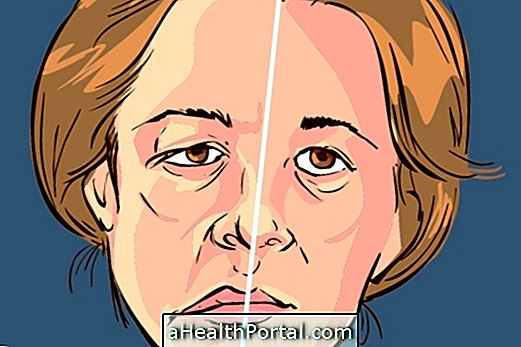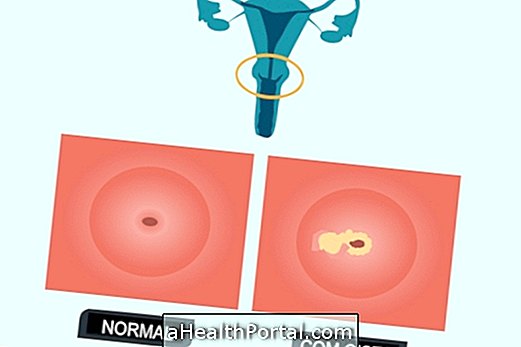Labyrinthitis is usually caused by infections caused by viruses or bacteria, and it is common for it to be linked to colds and flu. In addition, it can also start due to ear infections, the use of medications or due to emotional causes such as excessive stress and anxiety.
Labyrinthitis is inflammation of the labyrinth, an inner region of the ear that is responsible for hearing and body balance, causing symptoms such as dizziness, dizziness, nausea and malaise, especially in the elderly.

Thus, to aid in treatment, you need to identify the cause of the problem, which can be:
- Viral infections such as colds, flu, mumps, measles and glandular fever;
- Bacterial infections, such as meningitis;
- Allergies;
- Use of medicines that can affect the ear, such as aspirin and antibiotics;
- Diseases such as high blood pressure, high cholesterol, diabetes, and thyroid problems;
- Head trauma;
- Brain tumour;
- Neurological diseases;
- Temporomandibular joint (TMJ) dysfunction;
- Excessive consumption of alcoholic beverages, coffee and cigarettes;
- Excessive stress and anxiety. See more here.
It is important to seek the doctor to assess the cause of the problem, as sometimes the patient's dizziness may not represent labyrinthitis. To help with identification, see the symptoms of this disease.
Diagnosis
The diagnosis of labyrinthitis is made from a clinical examination, where the doctor checks the presence of inflammation in the ear, hearing loss and tests in which the patient must move the head to verify the presence of vertigo and dizziness.
In addition, it can also examine the eyes, because flashing in excess can indicate problems in the ear maze, and ask for exams such as MRI, CT and electroencephalogram.
Here's what to do to treat this disease:
- Treatment for labyrinthitis
- How to avoid Labirintite dizziness
























